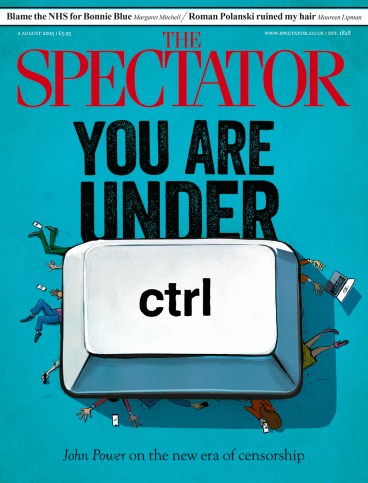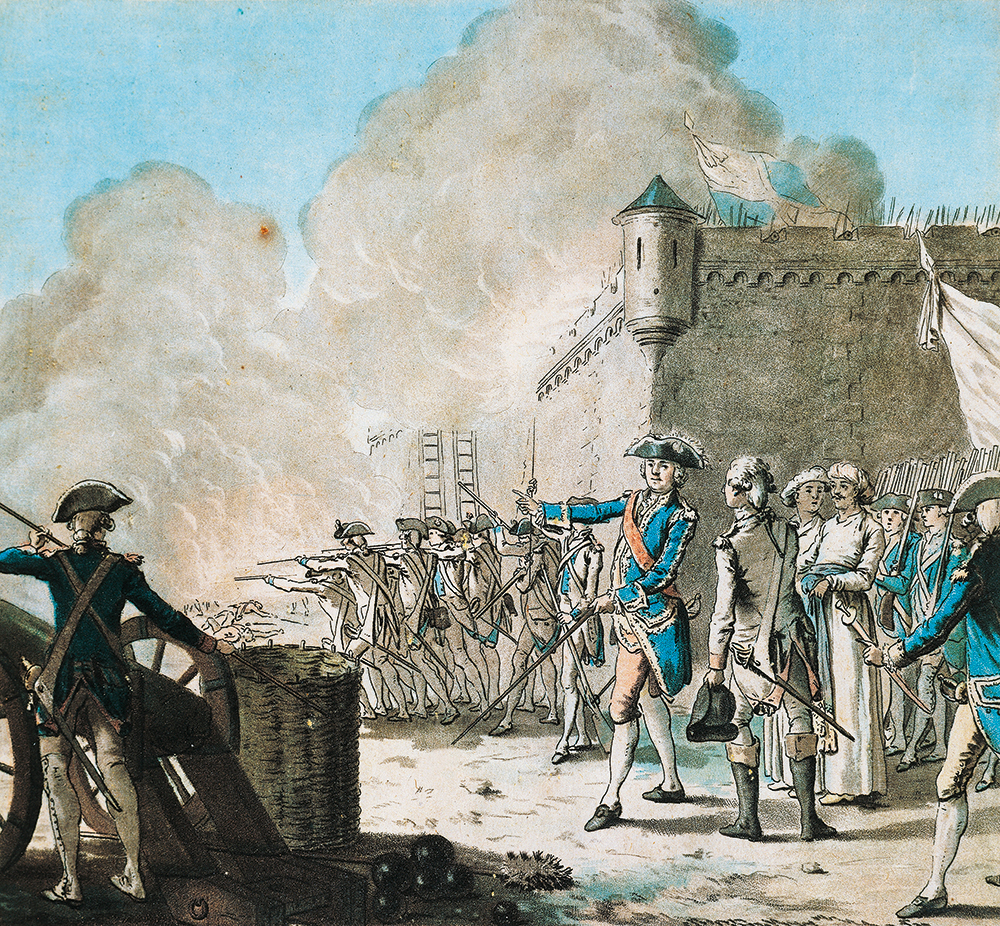
‘The English cannot assimilate any nation,’ declared the narrator of a French travelogue set in India and published in the aftermath of the uprising of 1857. ‘They can only dominate with brutality, squeezing every last drop of blood from the veins of the oppressed.’ Reduced to ‘slaves’ who ‘tremble before the Englishman’s whip’, the Indians in this tale yearn for the ‘heroic Dupleix and his deputy de Bussy’. Had Louis XV’s jealous court not betrayed those two men, ‘India would have been French, not British’. The book was a work of fiction. It had to be. In reality, scarcely anybody in India, barring a reactionary nawab here and an obscurantist sultan there, longed for French rule.
The French were history’s losers. They were latecomers to India, backed the wrong locals, were betrayed by their masters at home and, despite their ambition and resourcefulness, were outsmarted by their British rivals on the battlefield. But defeat produced a powerfully nostalgic reaction in them for what might have been, in the way that an unrequited romantic constructs fantasies about a failed relationship. Like the Dutch, Portuguese, Danes and British, the French had gone to India to plunder it. But that opportunity lost, they imagined themselves as tragically thwarted missionaries of liberty. A cottage industry of counterfactual history materialised in France to cater to a market mourning India’s ‘loss’.
The actual history, as Robert Ivermee shows in his luminous Glorious Failure, was wretched. The French preached Christianity to Indians, pillaged their wealth and enslaved their bodies. The Mughals attempted to halt the last of these horrors, but the trafficking of abducted Indians on French vessels did not end until the 1830s. The French rose and expanded rapidly in India. By the time the Compagnie des Indes launched in 1664, the Portuguese had been present in India for 166 years and the British for more than six decades. But it took the French less than a century to emerge as Britain’s chief adversary on the subcontinent. The credit for this belongs to Joseph-François Dupleix, the governor of French India, whose labours to build an Indian empire for France occupy a large chunk of this book.
With some luck Dupleix might have ended up as the French Robert Clive. He was a more competent diplomat and a less avaricious administrator than his British counterpart. What he lacked was reliable support from Paris. In 1754, he was abruptly recalled home for having exhausted the Company’s coffers in pursuit of his political vision. French decline in India thereafter was swift. The Seven Years’ War, ending in 1763, confirmed France’s diminished status: losing spectacularly to the British in southern (or peninsular) India, it was left with five trading posts, which eventually became colonies of the French crown.
An industry of counterfactual history materialised in France to cater for those mourning India’s ‘loss’
France never recovered its nerve. Indians who set their clocks by the French would find themselves ruinously disappointed. Tipu Sultan, despite being the most formidable challenger to British dominance in southern India, failed to extract support from the French even after sending embassies to Paris. Napoleon, who saw his invasion of Egypt in 1798 as a mere prelude to the conquest of India, retreated home once Tipu’s kingdom fell to the British the following year. But France clung to its possessions in India until well after the British departed the subcontinent. In 1949, no longer able to control an increasingly restive population, it staged a referendum in one of its territories. The result was a decisive repudiation of the romantic fables of French rule fabricated by Parisian writers. Virtually the entire population chose unification with India.
Under intensifying pressure from Delhi, which threatened to choke French India by imposing economic cordons around it, Paris ceded control to India of all its holdings by 1954 – though this transfer of power was only ratified by the National Assembly in 1962, following the end of French rule in Algeria.
Ivermee begins his book with a counterfactual scenario in which Jawaharlal Nehru, India’s inaugural prime minister, recites his ‘freedom at midnight’ address in French. Although the ideas that emanated from revolutionary France – of liberty, equality and fraternity – animated the spirit of the liberal constitution India gave itself, an India ruled directly by France would have lacked the ingredients that gave rise to its unique quest for national independence. There would have been no Gandhi in French India. British rule, with all its cruelties, is what quickened India’s unification and rebirth in a republican democratic avatar.
The experience of those exposed to other imperialisms can be instructive and clarifying. Consider the words of the late Tibetan writer Tsewang Yishey Pemba in 1974: ‘If only Tibet had been annexed as a British colony she might today enjoy the same status as India.’ To recall Pemba’s words is not to exonerate imperial rule. It is to remind ourselves that there were infinitely worse forms of it than what India ultimately got.








Comments